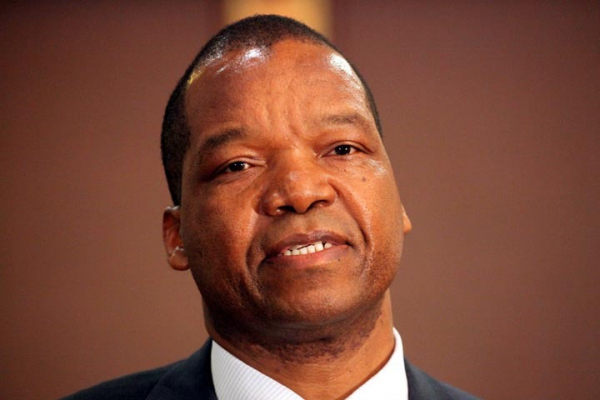
THE warning by Reserve Bank of Zimbabwe governor John Mangudya that Zimbabweans should brace for a huge fuel hike due to the shrinking export bill and galloping crude oil prices on the global market is disturbing, unacceptable, unfortunate and infuriating.
This will result in commodity price increases across all sectors in the country just a few months before the next election.
The fact that Mangudya sounded alarm bells before the Parliamentary portfolio committee on Mines and Energy shows he has no immediate solution to the problem.
But what is more disturbing are reports from the committee that at a time we are facing fuel challenges, some top government officials are actually harvesting from the suffering citizens. The allegations that Energy secretary Partson Mbiriri in particular is at the centre of the fuel shortages due to corruption should be investigated at the earliest possible time.
Mbiriri is presumed innocent until proven guilty as natural justice would demand. However, it is important that he explains some grey areas for the benefit of the public.
It is clear from his responses to the committee that the decision to buy ethanol fuel from Billy Rautenbach at extortionist prices is a political decision by those in the corridors of power who feign their love for the suffering majority.
We demand an enquiry to put closure on this matter, especially if this is not just political banter meant to divert attention from more critical issues.
This is unacceptable and the Temba Mliswa committee should dig deeper and bring to the fore beneficial issues that could help build the nation going forward. For instance, it would be interesting to know why Rautenbach’s ethanol fuel costs $1,10 when Triangle is selling the same product at $0,88 per litre. Who is benefiting here? Why is Rautenbach allowed to fleece the motoring public when his firm has not even been indigenised? What criterion has been used for this?
- Chamisa under fire over US$120K donation
- Mavhunga puts DeMbare into Chibuku quarterfinals
- Pension funds bet on Cabora Bassa oilfields
- Councils defy govt fire tender directive
Keep Reading
Indeed, if the high prices of fuel in the country are a product of corrupt activities where certain well-connected individuals are allowed to enrich themselves at the expense of the poor majority, then the law must be allowed to take its course. But Mliswa must do a thorough job on this one.
While Mbiriri denied that the recent fuel shortages were a product of corrupt activities among top government officials, including himself, and Rautenbach’s Green Fuel, it is important that this matter is probed further.
Mbiriri’s reponse was a poor attempt at wriggling out of the national question.
The problem with fuel price increases is it affects all other products, including transport costs and basic commodities, making life even more difficult for the struggling populace.
We believe that government must address the issues affecting the fuel sector with the view of making fuel affordable, rather than cut deals that benefit a few corrupt individuals.
It’s time government sorted out this ethanol issue.
It is regrettable that our fuel remains the most expensive in the region and it’s disconcerting that government officials can just watch simply because it’s a political decision. Benefiting who? At whose expense? The citizens demand better, not this!











